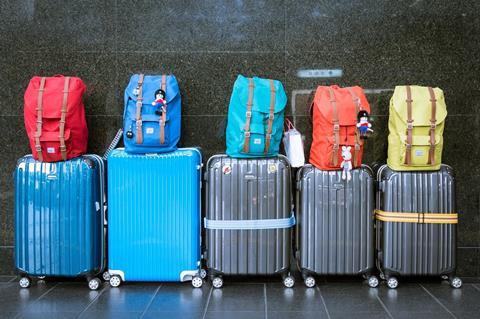What to do if your visits in the UK and overseas have been affected? We bring together essential information from trusted sources.

Dominic Raab, the foreign secretary told Parliament on Tuesday that the Government was now advising British nationals against all non-essential international travel.
It followed the announcement by the Department for Education last week that school groups were being advised against overseas trips although many teachers were concerned they wouldn’t be covered on insurance because the Foreign and Commonwealth Office hadn’t advised against overseas travel.
Teachers are advised to contact their insurer to ask about now claiming if they cannot get a refund from their trip provider.
The Association of British Insurers (ABI) has produced information on travel insurance concerns which can be found here, but teachers are also being advised to contact their travel insurance provider for more information.
Our members are working tirelessly to manage arrangements for schools in destination and those due to travel. With the rapid spread of the virus and no end date, this is becoming exceptionally difficult. We ask that schools bear with us.#schooltrips #education #travel #covid19 pic.twitter.com/zMoVg27kaV
— School Travel Forum (@STF_Forum) March 17, 2020
What about school trips planned in the UK?
The Outdoor Education Advisers’ Panel (OEAP) has published a list of FAQs about the implications for school visits generally.
It states:
- When planning a visit, you should take the current advice and guidance about COVID-19 into account as part of your process of risk assessment and then check it regularly in the days and weeks leading up to the visit and make any changes necessary to your plans.
- Parents and participants may naturally be concerned, even if the visit is not to a place affected by COVID-19 so you should discuss their concerns with them and keep them informed about the situation and how you plan to mitigate any risks.
- If you plan to visit a venue such as a museum or gallery, or to attend a public event or to stay in accommodation such as a hostel or hotel, or if you are using a tour operator or activity provider, discuss the potential effects of COVID-19 with them at the time of booking, and keep in touch with them during the run-up to the visit.
You can download the FAQs here.
A children’s guide to the Coronavirus
You can download a free guide to help children understand what the Coronavirus is and how they can help reduce the risk of infection by scrolling to the bottom of the story.
Symptoms and how to delay the spread of the Coronavirus
The NHS has said that pupils and teachers should stay at home for seven days if they:
- Have a high temperature (above 37.8 degrees).
- A new, continuous cough - meaning you’ve started coughing repeatedly.
You can watch the short video below about how to protect yourself and others against the disease.
As detailed in the video, simple steps to help avoid catching or spreading the disease include washing your hands with soap for at least 20 seconds, covering your mouth and nose with a sleve or tissue when you cough or sneeze and trying to avoid close contact with people.
Has your trip been affected by coronavirus? Have you received or seen any particularly good advice to share?
Get in touch by emailing editorial@schooltravelorganiser.com or call 01908-613323 and ask to speak to a member of the editorial team.
Downloads
Children's Guide To Corona Virus (Updated)
PDF, Size 0.63 mb










